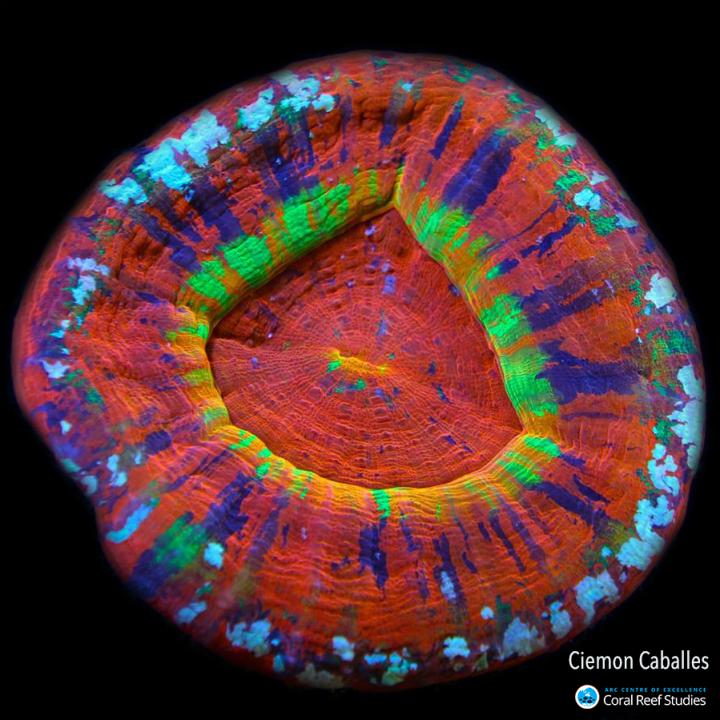
Credit: Ciemon Caballes.
A new study illustrates the potential impact of recurrent heatwaves on coral species collected by the Australian aquarium coral industry.
The study’s lead author, Professor Morgan Pratchett from the ARC Centre of Excellence for Coral Reef Studies at James Cook University (Coral CoE at JCU), says there are active and expanding aquarium coral fisheries operating across the country in Western Australia, the Northern Territory and Queensland.
“With widespread coral bleaching again affecting the Great Barrier Reef, and also occurring on coral reefs in Western Australia, there is inevitable concern regarding the sustainability and defensibility of ongoing coral harvesting,” Prof Pratchett said.
Prior to the study, scientists didn’t know much about the temperature sensitivity and bleaching susceptibility of Australian aquarium corals.
The researchers tested these parameters on six of the most important exported coral species from Australia.
“We found two of the most striking species were particularly susceptible and died at the temperatures you would expect when bleaching occurs,” Prof Pratchett said.
“These corals are most abundant within the nearshore habitats of the southern Great Barrier Reef–an area that bleached earlier this year.”
One of these species is the Australian saucer coral (Homophyllia australis), found just off the coast of Mackay.
With the worldwide demand for Australian aquarium corals increasing, a single aquarium specimen of Homophyllia australis fetched more than $8,000 AUD in Japan in 2017.
The study found the other, more widespread, aquarium corals were able to cope with higher temperatures. They bleached but didn’t die–the corals are already regularly exposed to extreme temperatures in a wide variety of different environments, including shallow tidal pools in north Western Australia.
“Understanding the differential susceptibilities of different coral species to environmental change is a very important aspect of managing coral fisheries,” Prof Pratchett said.
Australian coral fisheries are often the first to provide reports of coral bleaching across diverse reef environments, as they need to respond to changes in coral health.
“Those in the industry don’t collect bleached corals and actively avoid areas where there has been recent and severe mass bleaching,” Prof Pratchett said.
He said the study, which was supported by the Fisheries Research and Development Corporation, highlights the need for more specific and targeted in-situ monitoring for these popular aquarium corals.
This is especially crucial with the increasing threat posed by ongoing environmental change.
###
PAPER
Pratchett M, Caballes C, Newman S, Wilson S, Messmer V, Pratchett D. (2020). ‘Bleaching susceptibility of aquarium corals collected across northern Australia’. Coral Reefs. DOI: 10.1007/s00338-020-01939-1
CONTACT
Prof Morgan Pratchett
Phone: + 61 (0)7 4781 5747
Mobile: +61 (0)488 112 295
Email: [email protected]
Melissa Lyne
Media Manager, Coral CoE at JCU
Phone: +61 (0) 415 514 328
Email: [email protected]
Media Contact
Melissa Lyne
[email protected]
Original Source
http://www.
Related Journal Article
http://dx.




